Russia calls on OPCW to unveil truth behind alleged 2018 chemical attack in Syria's Douma
Russia has called on the global chemical weapons watchdog to conduct impartial and reliable investigation into an alleged chemical attack in the Syrian city of Douma near the capital Damascus on April 7, 2018.
Russia’s Permanent Representative to the OPCW, Alexander Shulgin underlined the need for launching a transparent technical inquiry aimed at clarifying the actual course of events in Douma in 2018, Syria's official news agency SANA reported on Sunday.
“Successful work at the Organization for the Prohibition of Chemical Weapons (OPCW) will be impossible until trustworthy circumstances behind the incident in the Syrian town of Douma in April 2018 are established,” the Russian official said.
Shulgin added that this sad page could be over and an international dialogue could be built at the OPCW only after receiving reliable conclusions on the issue.
Moscow has for months cited dissent by two former OPCW employees who leaked a document and an email as evidence that the OPCW doctored the conclusions of a report which found that a toxic chemical containing chlorine was used in a 2018 attack near Damascus.
According to the Russian official, the results which the two inspectors have reached and the violations they have uncovered have undermined the Western allegations.
In late 2019, whistleblowing website WikiLeaks published several batches of documents suggesting that the OPCW may have intentionally doctored its findings, notably avoiding revelations which may point to terrorists having been behind the alleged chemical attack.
One of the published documents showed Sebastien Braha, chief of cabinet at the OPCW, had ordered in an email that “all traces” of a report from Henderson be erased from the body’s registries.
Ian Henderson had found out that the gas cylinders at the site of the Douma incident had been placed there manually most likely by militants given that the area was not controlled by Damascus at the time.
Following the suspected chemical attack, Western countries were quick to blame it on the government of Syrian President Bashar al-Assad.
On April 14, 2018, the US, Britain and France launched a coordinated missile attack against sites and research facilities near Damascus and Homs with the purported goal of paralyzing the Syrian government’s capability to produce chemicals.
Damascus, however, said that no chemical attack had happened and that the incident had been staged by foreign intelligence agencies to pressure the government in the face of army advances against militants back then.
The OPCW concluded that chlorine had most likely been used in the attack. However, Syria and Russia both rejected the findings, saying they believed the incident had been staged by the White Helmets, a group which claims to be a humanitarian NGO but has long been accused of working with anti-Damascus militants and staging false-flag gas attacks.
The Syrian government also surrendered its stockpiles of chemical weapons in 2014 to a joint mission led by the UN and the Organization for the Prohibition of Chemical Weapons (OPCW), which oversaw the destruction of the weaponry. However, Western governments and their allies have never stopped pointing the finger at Damascus whenever an apparent chemical attack has taken place.
Syria has been gripped by foreign-backed militancy since March 2011. The Syrian government says the Israeli regime and its Western and regional allies are aiding Takfiri terrorist groups that are wreaking havoc in the country.
Syrian government forces have taken back many areas once controlled by the terrorist groups.
Russia on Wednesday also called for not politicizing and exploiting the work of the International Atomic Energy Agency (IAEA) in Syria.
The IAEA in recent years has been investigating US claims that Syria allegedly tried to build a secret nuclear reactor at a remote desert site in Dayr al-Zawr in 2007, which no longer exists.
Syria and some other regional countries have time and again denounced the US and its Western allies for helping Israel develop its nuclear facilities and adopting double-standards on the issue of non-proliferation policies when it comes to Israel.
VIDEO | Gaza bakery supports displaced families ahead of Ramadan Iftar
France blocks US ambassador from ministerial meetings after summons no-show
Around 20 govts. warn Israel secretly annexing West Bank
Iran pursuing broader cooperation with African nations: Pezeshkian
Israeli minister threatens to seize entire Gaza if Hamas refuses to disarm
VIDEO | Gaza teacher starts ‘Little Wings’ initiative to bring joy to kids
Spanish FM urges firmer EU stance on Gaza crisis, West Bank settlement expansion
Israel ‘serious obstacle’ to nuke-free West Asia: Iranian diplomat


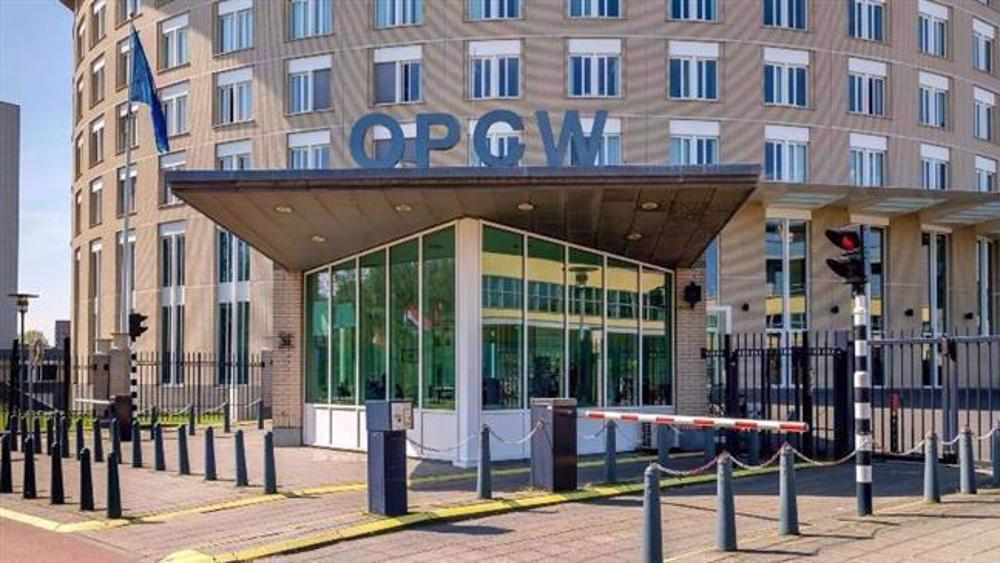
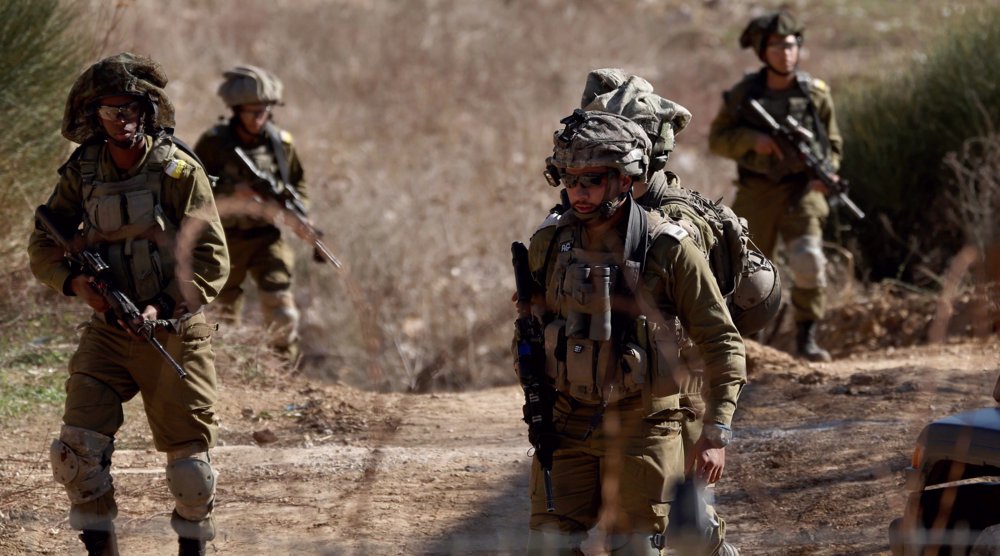
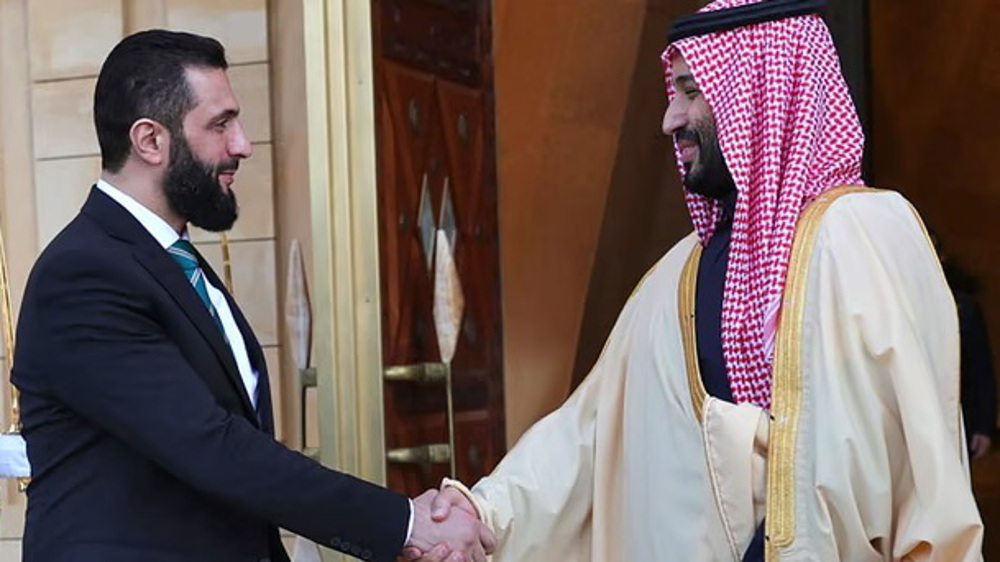
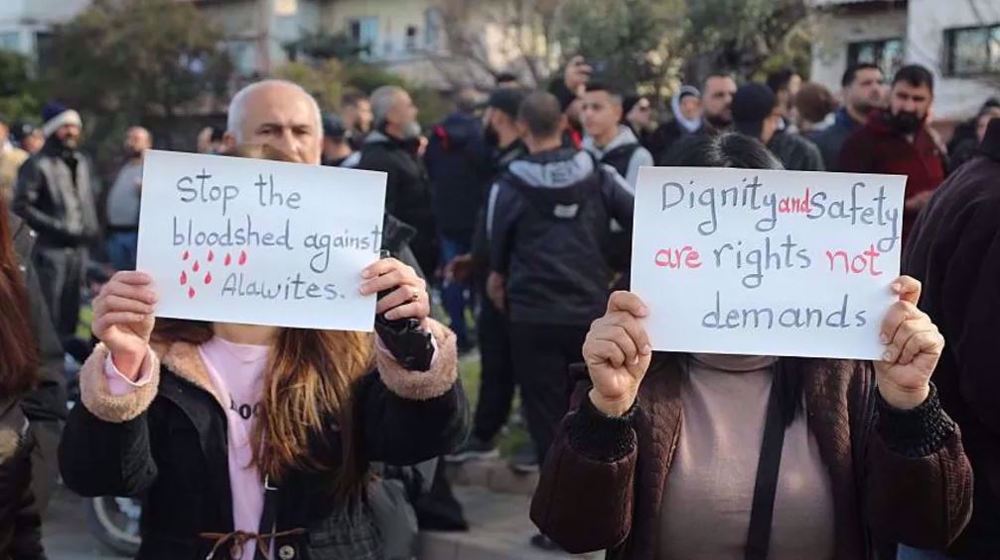



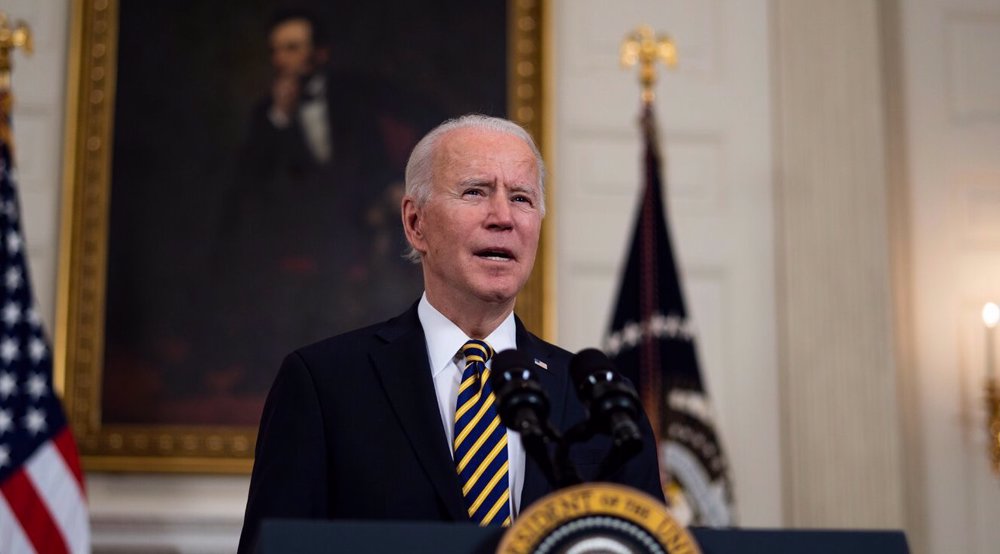
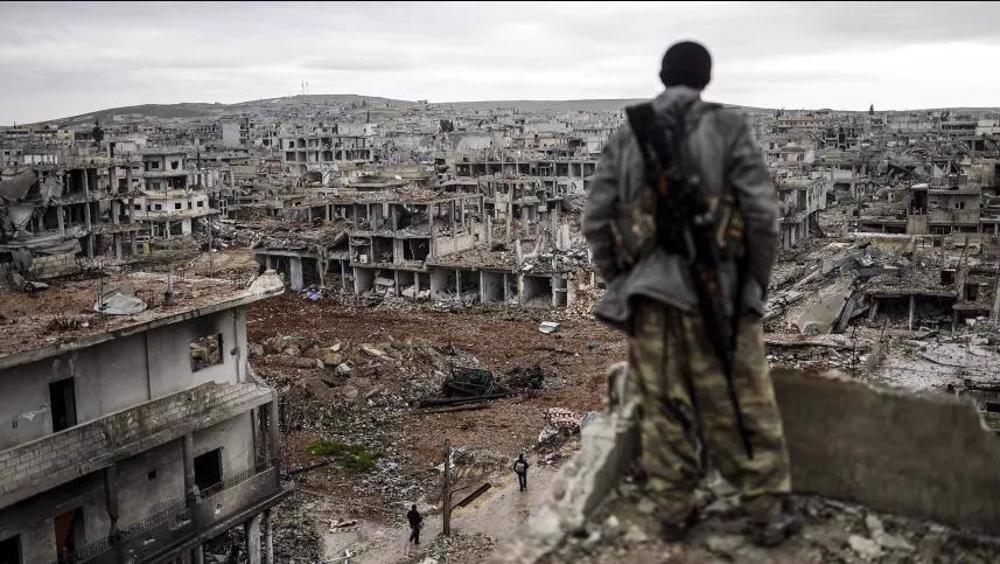
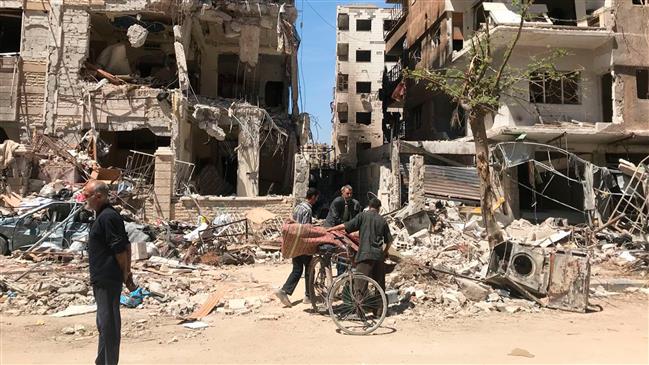
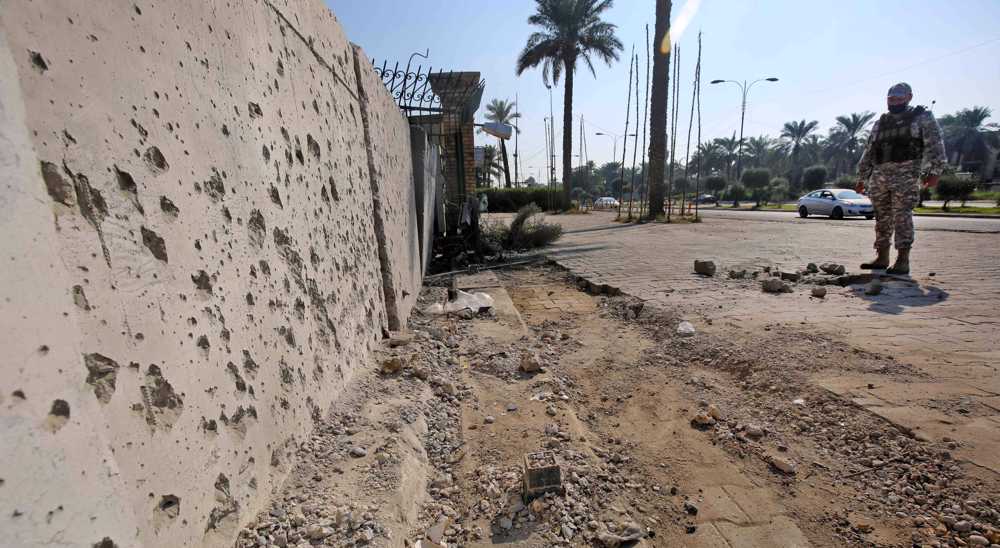
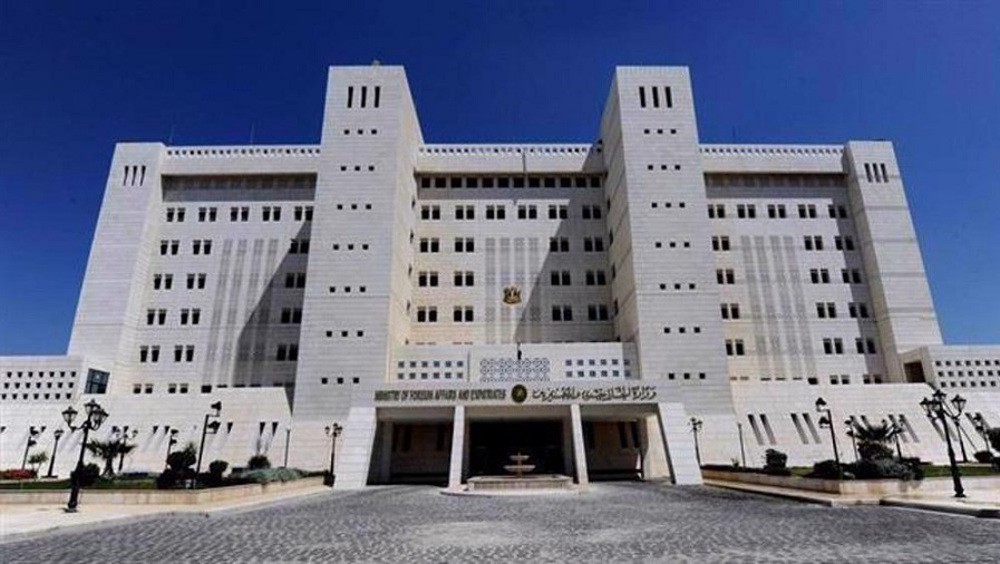
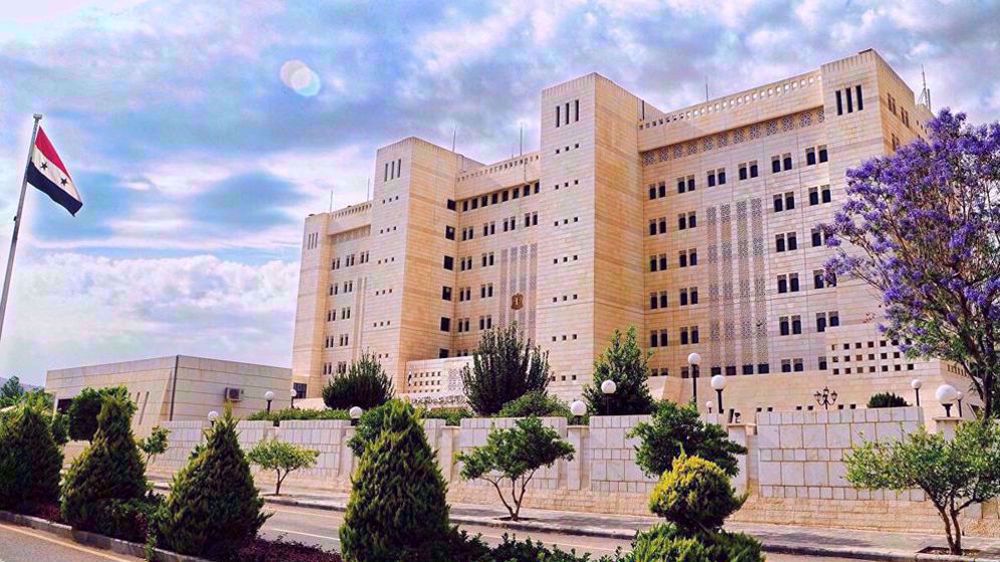
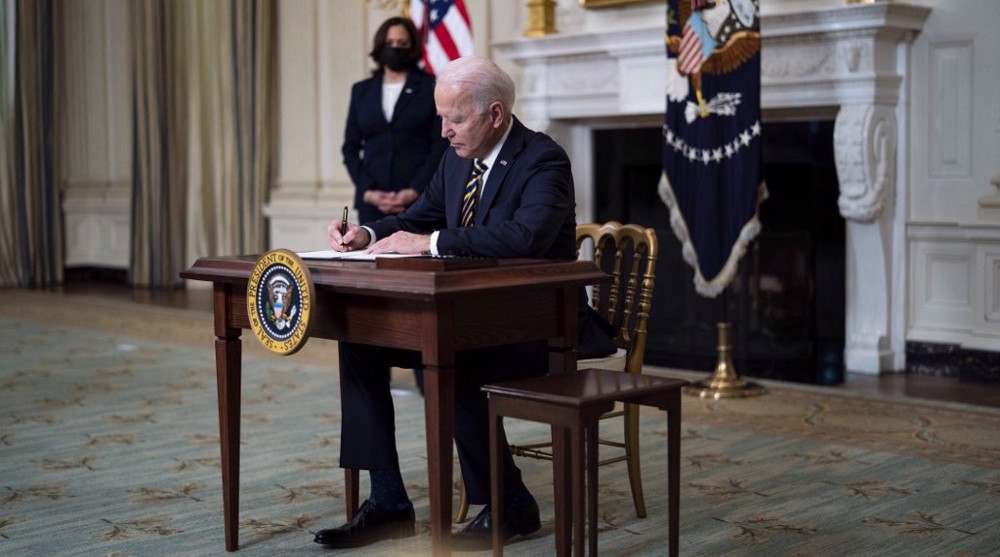

 This makes it easy to access the Press TV website
This makes it easy to access the Press TV website